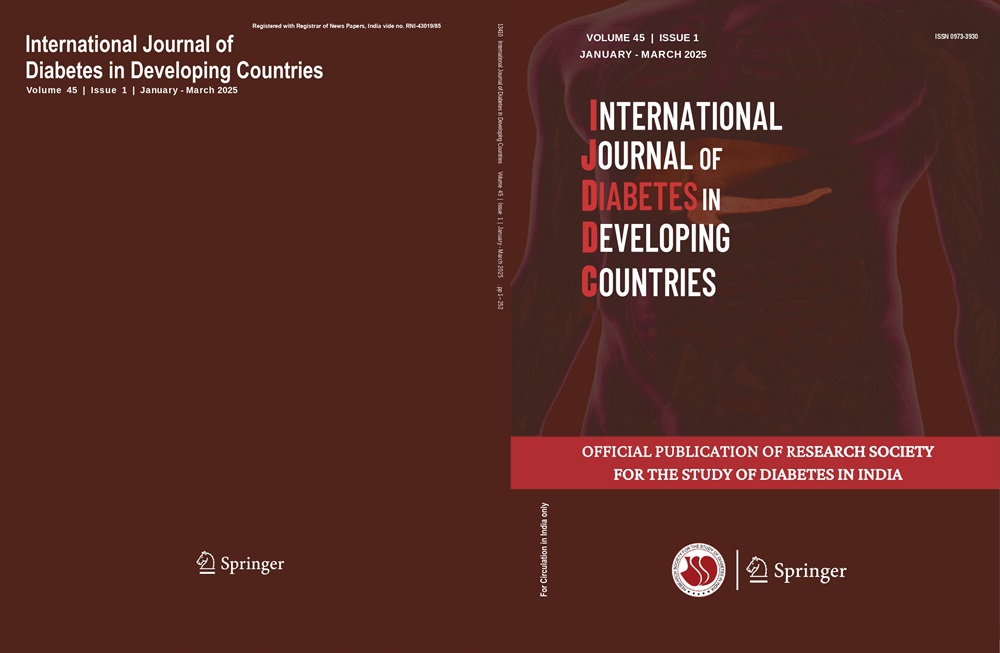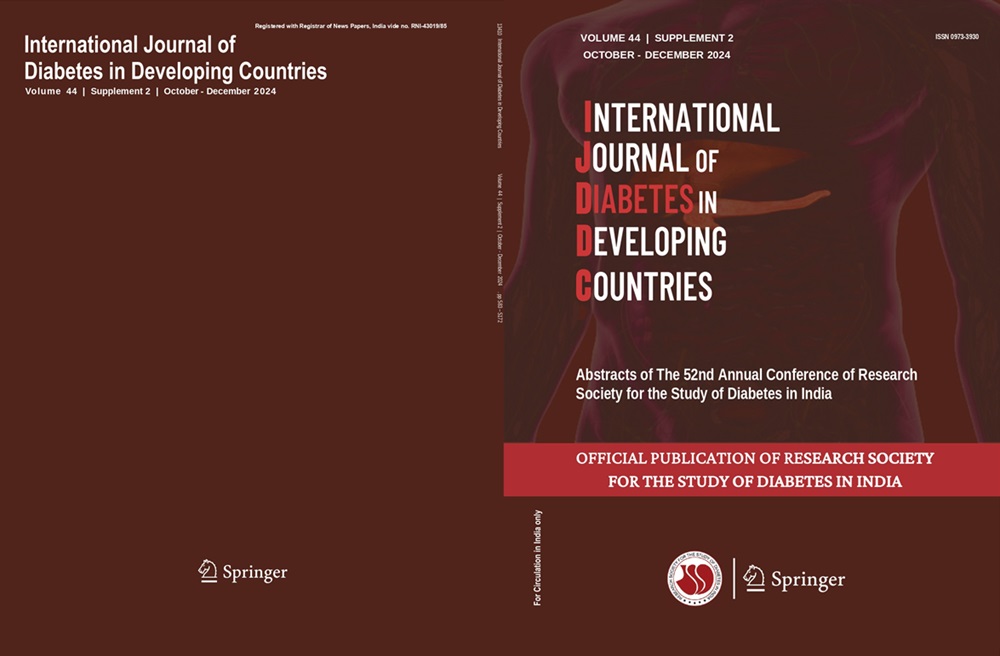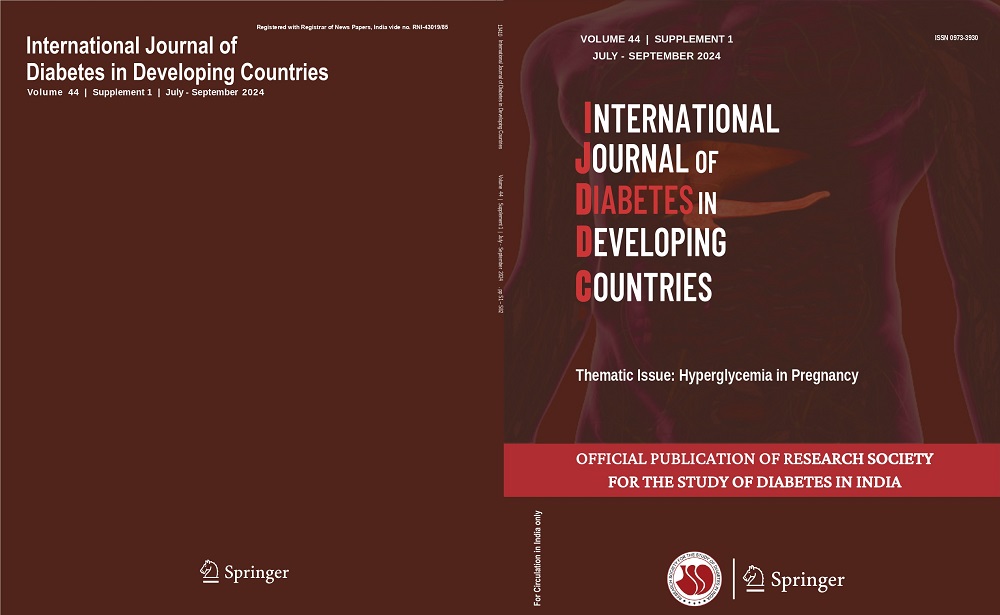Pervej Alom Barbhuiya, Joyjeet Dey, Kalpajyoti Saikia, Syed TohshinIshtiyak, Abdul Bin Aqib, Kitborlang L. Marshillong, Jyotchna Gogoi, Wankupar Wankhar, Satyabrat Sarma, Saikat Sen, Manash Pratim Pathak
Keywords
Herbal tea • Infusion • Metabolic syndrome • Hypertension • Obesity • Dyslipidaemia
Background Metabolic syndrome (MetSyn) is a cluster of metabolic constellations which includes hypertension, central obesity, insulin resistance and atherogenic dyslipidaemia. MetSyn is a group of interconnected risk factors linked to diabetes, cancer, stroke and other comorbidities. Herbal tea (HT) has been reported to play an important role in managing MetSyn. However, very few HTs are scientifically validated. This systematic review focuses on the reports of scientific validation of different HTs used globally to treat MetSyn.
Objective Our study emphasizes on all the clinical trial studies that utilize HTs targeting MetSyn globally, and additionally focuses on different preclinical studies involving HTs and their mechanism of action.
Methods This study was performed considering the guidelines of Preferred Reporting Items for Systematic Review and Meta-analysis (PRISMA) and studies were screened out from various scientific databases like PubMed, Google Scholar, Web of Science, etc. considering inclusion and exclusion criteria.
Results A detailed analysis divulged 15 different clinical studies of herbal teas against MetSyn globally, regarding which studies were conducted between the years 1990 and 2023 by a total of 897 participants. Further investigation led to 31 different preclinical studies which in the form of infusion/decoction have been used to treat MetSyn. It was also revealed that mostly leaf parts were used in preparing the herbal tea. Additionally, Asia has reported the highest number of herbal teas followed by other continents; the most targeted MetSyn was diabetes. Various reported mechanisms of action have also been tabulated.
Conclusion Supplements from natural sources like herbal teas are good alternatives to conventional drugs for combating MetSyn. Although, the usage of herbal teas in the management of MetSyn is widespread; however, very few have been scientifically validated in a preclinical and clinical setup. In-depth studies are warranted to ascertain the clinical efficacy and safety of herbal teas.




